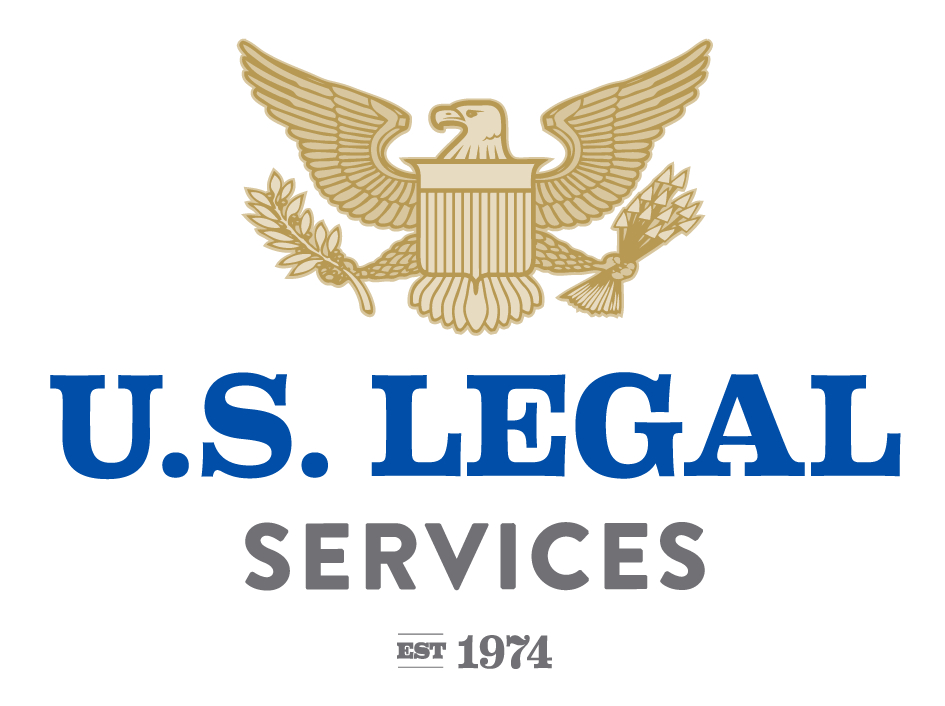
Estate Planning Checklist, Answers to FAQs and More
First, what is estate planning, exactly? At a high level, this type of planning focuses on:
- issues connected to a person’s assets that can be passed along to beneficiaries through last will and testaments, and trusts
- who will care for children until they’re adults; this can be designated in a will
- naming who has the authority to make medical and/or financial/legal decisions for someone when he or she is unable to do so, through powers of attorney
- making end of life choices known, through a living will
Here’s another way of looking at estate planning. It’s often looked at as planning for what happens upon someone’s death, but it also provides protection when serious disability occurs, to the degree that the person can no longer handle his or her own affairs.
This post will provide more detail about each of these aspects, bust two persistent estate planning myths, answer frequently asked questions on the subject, and share tips on how to find the right estate planning attorney for your needs.
Estate Planning Myths
Two of the biggest estate planning myths are as follows:
- Only wealthy people need estate planning.
- Only older people need this type of planning.
As far as the first myth, the reality is that everyone who has any assets and someone to leave them to can benefit from having a last will and testament. Without the proper documents, probate court would make the decision about who gets what, in ways that might be contrary to your wishes. In addition, estate planning can help to reduce the amount of taxes that your beneficiaries would need to pay, allowing more of your assets to go to the people you love.
Plus, estate planning goes far beyond simply deciding how to distribute your assets. They also address how you want financial and health-related issues to be handled if you are unable to make those decisions for yourself. That addresses estate planning myth number one.
Moving on to number two, estate planning can be invaluable for people as young as 18. For example, if a young adult gets into a car accident, his or her parent will need to show a health care power of attorney that specifically names him or her to legally gets information about the child’s condition and treatments.
Plus, let’s say a college student decides to study abroad. A financial power of attorney would allow someone stateside, perhaps a trusted parent, to manage financial issues while the student is out of the country.
Now that we’re done myth-busting, here is the estate planning checklist.
Estate Planning Checklist
#1 Take stock of your assets and debts.
These can include any real estate you own, along with vehicles and bank accounts, including retirement funds, investment accounts, and so forth. Consider personal property, which could include antique furniture, valuable jewelry, original pieces of art, and so forth.
What about life insurance policies? Who is the beneficiary? What is the cash value? What is in your safe deposit box? Also list all of your debts, from mortgages and car payments to student loans, credit card debt, and so forth.
#2 Decide what you want in your last will and testament.
For example, whom do you want to receive each of your assets? If you’ve got three children, for example, do you want all divided equally among them? If one of them predeceases you, should his or her children receive that proportion of your assets, or will they now be divided among your two surviving children?
Whom will you name as your executor (the person who will take the lead in ensuring that your assets are distributed according to your wishes)? Whom will you name as the alternate? Whom do you want to care for your children, if you die before one or more of them reach adulthood? What are your wishes for adult children with significant disabilities?
#3 Or, should you set up a trust?
With a trust, you will decide how to distribute your assets. Unlike a will, though, you can decide if this should happen before your death, upon it, or at a designated time afterwards. Benefits of a trust include that there will not need to be a probate process, since assets have already been legally transferred to the trust. This choice can be a beneficial method to transfer assets in a way that minimizes estate taxes.
You can become the trustee of your own trust, giving yourself control of your assets during your lifetime and, with a revocable trust, you can revoke (end or cancel) it. Upon the trustee’s death, the successor trustee is then charged with the responsibility of distributing assets according to the terms of the trust.
#4 Consider naming a financial power of attorney.
This document gives the person you name the ability to act upon your behalf in financial matters. Some financial powers of attorney go into effect immediately, while others would go into effect when you can no longer manage your financial affairs.
#5 Consider naming a health care power of attorney.
This document gives the person you name the ability to make health care decisions for you when you are no longer able to do this for yourself. This can be because of a serious physical health problem, perhaps cancer, or because of a mental health issue, such as dementia. It’s important that you discuss your health care wishes with the person you designate. It also helps to take the next step in our estate planning checklist.
#6 Create a living will.
You may hear this called an advance directive, because it lists your wishes if and when you become terminally ill and cannot make these decisions for yourself. In this document, you can list what you’d want as palliative (pain management) care, your wishes about resuscitation, and so forth. Hospitals may ask you for this document before a surgery, even when you are otherwise healthy and fully expected to recover from the operation.
#7 Other issues to consider:
- Do you need long-term care insurance to cover the costs of care when you’re older?
- Do you have enough life insurance to cover funeral/burial costs and leave beneficiaries the funds you’d like to give them?
- Are you satisfied with whom you’ve listed as beneficiary on any funds that are beneficiary driven (life insurance, retirement accounts, and so forth)?
- Have you provided your executor information needed to comply with your wishes?
- Do you have a safe place to store your estate planning documents? Does your attorney/executor know how to find them?
People Also Ask
Is estate planning the same as a will?
Two different kinds of wills—the last will and testament and the living will—are foundational pieces of an estate plan, but there are other key components, as described in this post.
Why is estate planning important?
Estate plans can help:
- your assets go to the people you want to have them
- to reduce the amount of taxes paid by your beneficiaries
- you to state who will care for any minor children
- you to choose who will make financial and/or health care decisions for you when you can’t do it for yourself
- you to list your own end of life care wishes
How much does estate planning cost?
DIY solutions can cost anywhere from $10 to $250, on average, whether that’s a book on estate planning, a kit, or software. Attorneys may charge hourly rates that could range from $100 to $1,000 an hour, sometimes more, with estate planning sometimes costing in the thousands of dollars—while a quality legal insurance plan, such as Family Defender™, could give you access to an experienced estate planning attorney for a low monthly fee.
How to Find an Estate Planning Lawyer
Because state laws differ, it’s important to find an attorney who is knowledgeable in your state’s laws. It can help to ask friends and family members for recommendations. You can also use online directories, such as the American Bar Association directory, and read reviews of estate planning attorneys.
You may find two or three names that keep coming up, so it can make sense to review their websites and, if you like what you see, to request a consultation. Some attorneys offer a free initial consultation, but not all of them do.
You may discover that attorneys providing the services you need are out of your budget—and that’s where legal benefits plans can help.
Legal Insurance Plans
These plans are a type of voluntary benefit offered by employers to their employees. As a member, you would pay a monthly fee and then have access to a network of attorneys. Although the specifics of the plan will vary, based upon what an employer selects, the
Family Defender™ by U.S. Legal Services offers access to experienced estate planning attorneys for a low monthly fee.
Employers, please contact us online or call 1.800.356.LAWS to discuss how to set up a plan.



